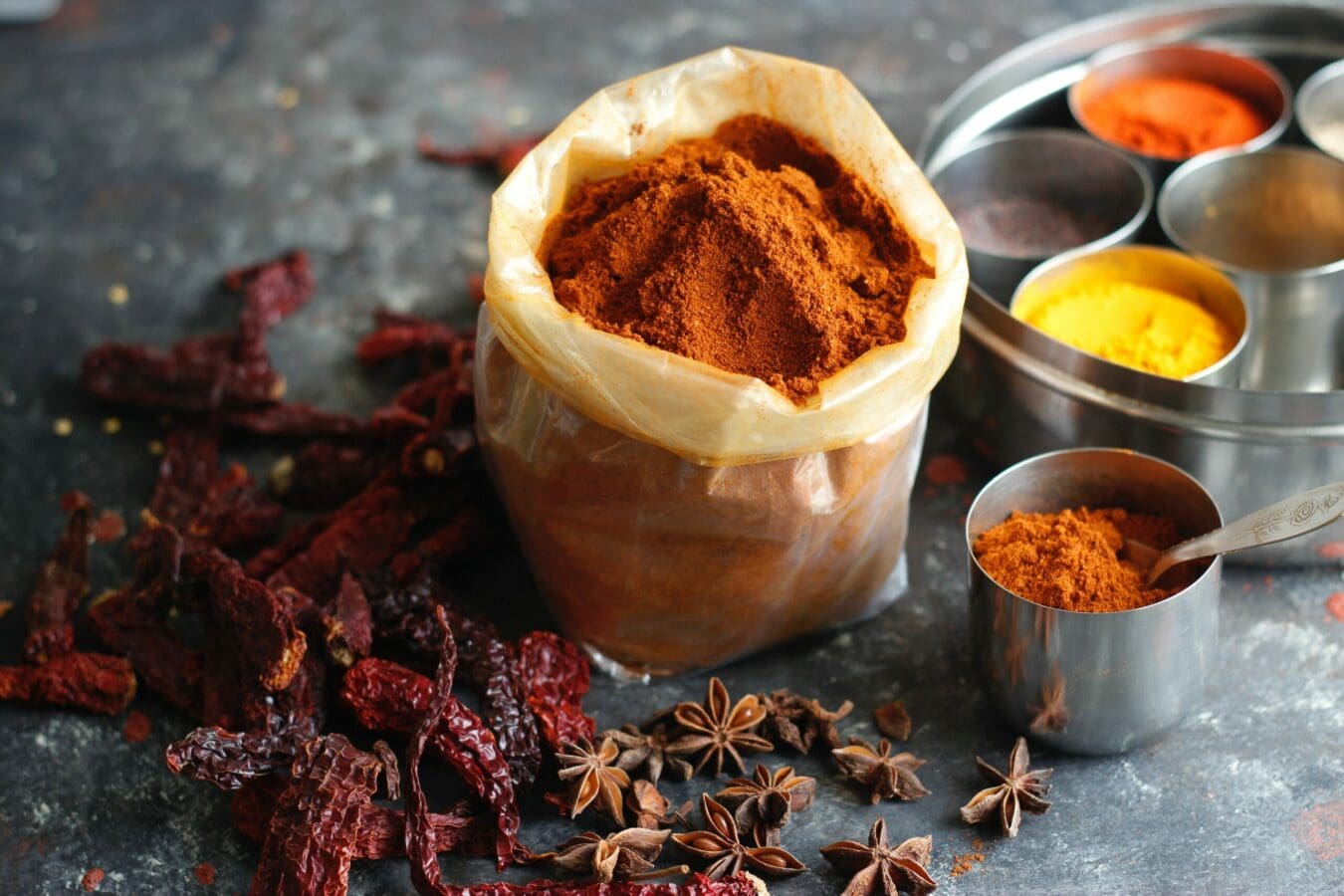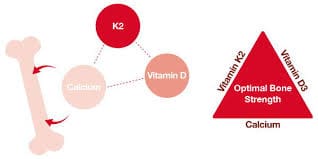Turmeric is a spice that has been used in traditional medicine for thousands of years. Its primary active compound, curcumin, has been the subject of numerous studies for its potential health benefits. One of the most well-known benefits of turmeric is its anti-inflammatory properties, which can help reduce inflammation in the body and lower the risk of chronic diseases such as cancer, heart disease, and Alzheimer’s disease.
Curcumin in turmeric has also been shown to have potent antioxidant effects, which can help protect cells from oxidative damage caused by free radicals. This may reduce the risk of chronic diseases and slow down the aging process.
The spice may also have a positive effect on brain function, as curcumin has been shown to increase levels of brain-derived neurotrophic factor (BDNF), a protein that plays a key role in brain function and may help reduce the risk of neurological disorders such as Alzheimer’s disease.
- Anti-inflammatory properties: Curcumin, the active compound in turmeric, has potent anti-inflammatory properties that can help reduce inflammation in the body and lower the risk of chronic diseases.
- Improved brain function: Curcumin has been shown to increase levels of brain-derived neurotrophic factor (BDNF), a protein that plays a key role in brain function and may help reduce the risk of neurological disorders.
- Antioxidant effects: Curcumin is a powerful antioxidant that can help protect cells from oxidative damage caused by free radicals, which may reduce the risk of chronic diseases such as cancer.
- Pain relief: Curcumin has been shown to have analgesic effects, which may help reduce pain and discomfort caused by a variety of conditions.
- Better digestion: Piperine, a compound found in black pepper, has been shown to enhance the absorption of curcumin, which may improve digestion and nutrient absorption.
- Improved heart health: Curcumin has been shown to have a beneficial effect on several factors that contribute to heart disease, including blood pressure, cholesterol levels, and inflammation.
- Potential cancer prevention: Curcumin has been shown to have anti-cancer properties and may help prevent the development and spread of certain types of cancer.
Curcumin as an Antioxidant
Curcumin is particularly effective at neutralizing free radicals and reducing oxidative stress in the body. This makes turmeric an excellent natural remedy for reducing inflammation and improving overall health.
Curcumin as an Anti-Inflammatory Agent
In addition to its antioxidant properties, curcumin is also a potent anti-inflammatory agent. Chronic inflammation is a major contributor to many chronic diseases, including heart disease, diabetes, and cancer. Studies have shown that curcumin can help reduce inflammation in the body by inhibiting the activity of certain enzymes and cytokines that promote inflammation.
Curcumin and Brain Health
Turmeric is also good for you because it has been shown to improve brain function and reduce the risk of cognitive decline. Curcumin has been shown to increase levels of brain-derived neurotrophic factor (BDNF), a protein that helps promote the growth and survival of brain cells. Low levels of BDNF have been linked to cognitive decline and the development of neurological disorders such as Alzheimer’s disease. By increasing BDNF levels, curcumin may help protect against age-related cognitive decline and improve brain function.
Is Turmeric Good for You?
First and foremost, it is good for you because it contains curcumin, a powerful antioxidant that has been shown to have a range of health benefits. Antioxidants are compounds that help protect your body from damage caused by harmful molecules known as free radicals. Free radicals can damage cells and contribute to aging, chronic diseases, and inflammation.
Where does it come from?
Turmeric is a spice that has been used for thousands of years in traditional medicine and cooking. It is a key ingredient in many Indian, Middle Eastern, and Southeast Asian dishes, and is also used as a natural dye. In recent years, turmeric pills have gained popularity as a health supplement due to their high concentration of curcumin, a potent antioxidant and anti-inflammatory compound.There are also loads of turmeric recipes you can experiment with.
What is turmeric and where does it come from?
Turmeric is a spice that comes from the turmeric plant, which is native to Southeast Asia. It is a member of the ginger family and has a bright yellow color and a warm, slightly bitter taste.
What are the health benefits of turmeric?
Turmeric is a powerful antioxidant and anti-inflammatory agent that has been shown to have a range of health benefits. It can help reduce inflammation in the body, improve brain function and reduce the risk of cognitive decline, and protect against chronic diseases such as heart disease, diabetes, and cancer.
How can I incorporate turmeric into my diet?
There are many ways to incorporate turmeric into your diet, such as by using it as a spice in cooking, taking it as a supplement in pill form, or drinking it as a tea. Turmeric powder can be used in a wide range of dishes, from curries and stews to smoothies and baked goods. You can also try making a turmeric latte or adding turmeric to your morning oatmeal for a flavorful and nutritious boost.





